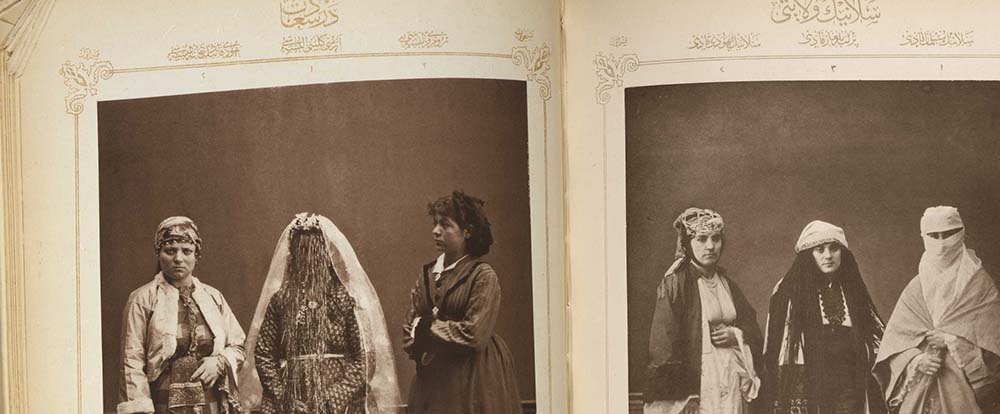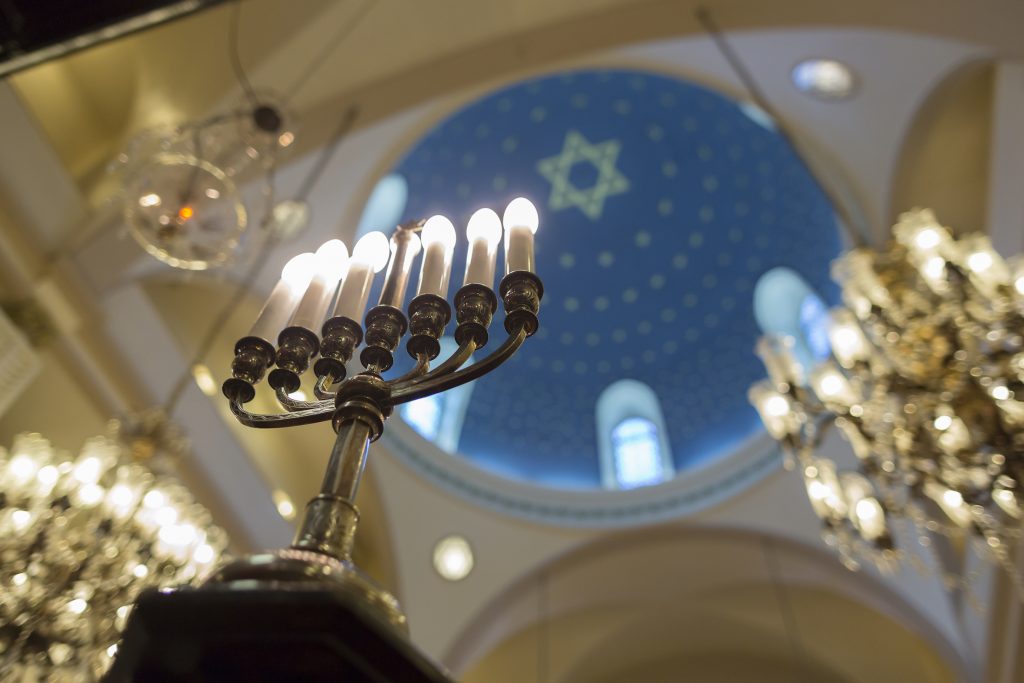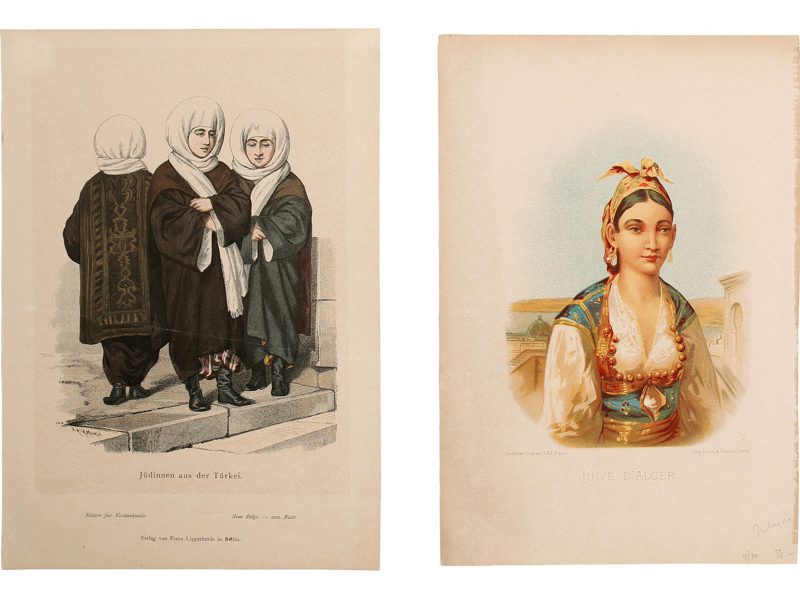Turkey has a unique multi-cultural structure, and yet it boasts a legitimate unity, which proves to be quite an important element. Jewish culture, adapted to contemporary life while preserving the religion, constitutes one link in this chain. The history of Jewish people in Turkey dates back almost 2,400 years. Turkish Jews are one of the biggest non-Muslim communities in the country. Sephardi Jews were expelled from Portugal and Spain, and they took refuge in the Ottoman Empire during the 1400s. Although some of them emigrated after the establishment of Israel, a good number of Jews today still live in Turkey.
When we look at historical documents and artifacts, it becomes clear that Jews had lived in these lands centuries ago as well. As a result of the excavations in Aegean Region, it was discovered that Jews had lived in this area around 4 B.C. Apart from this; traces of Jews from the Ancient Period were found around 4 B.C. Apart from this; traces of Jews from the Ancient Period were found around Ankara, Bursa, and in the southeastern Anatolia Region. In fact, on a column in Ankara was written the rights of Jews.
It is noted that Jewish population was scattered all around Anatolia across history because more than one synagogue existed in each area. According to tangible data, it is known that Jews lived around Manisa province in the 4th century B.C.

When we look at historical documents and artifacts, it becomes clear that Jews had lived in these lands centuries ago as well.
Muslim Turks preferred Jews to enter the country since at the time, they didn’t trust Christians. Then, Jewish people contributed significantly to the Ottoman Empire. As Muslims did not prove very good at commercial entrepreneurship, the they left this area to Jews. During this period, the minority Jewish community had a voice in trading and deserved the right to live in big cities such as İstanbul, İzmir, and Bursa. They seemed to prefer settling in İzmir and gradually outnumbered other locals. As Jews continued to increase in number, they started to practice and project their own traditions. This cultural rise ended when the Greeks took over the domination of trade toward the end of the 20th century.

Tofre Begadim (Terziler) Synagogue in Istanbul
When we consider Turkey today, this culture has clearly let go of its minority identity. Whether minority or not, people migrating to Turkey have the right to be attached to the state, irrespective of religion, language, or ethnicity. After the government made such a monumental decision, Turkish Jews preferred to stick to their nationalist principles. This way, language deficiencies were resolved and Turkey has once again started to gain a multi-cultural dimension. After the new government was established, Jews showed their loyalty to Atatürk by serving in battle during the wars of the era, which also helped them gain social value in the country.
Jewish people kept getting expelled throughout history and moved away from their own lands. That’s why they struggled to keep their culture alive as a collective group. Still, they try to preserve their cultural values in whatever countries they settle in.

